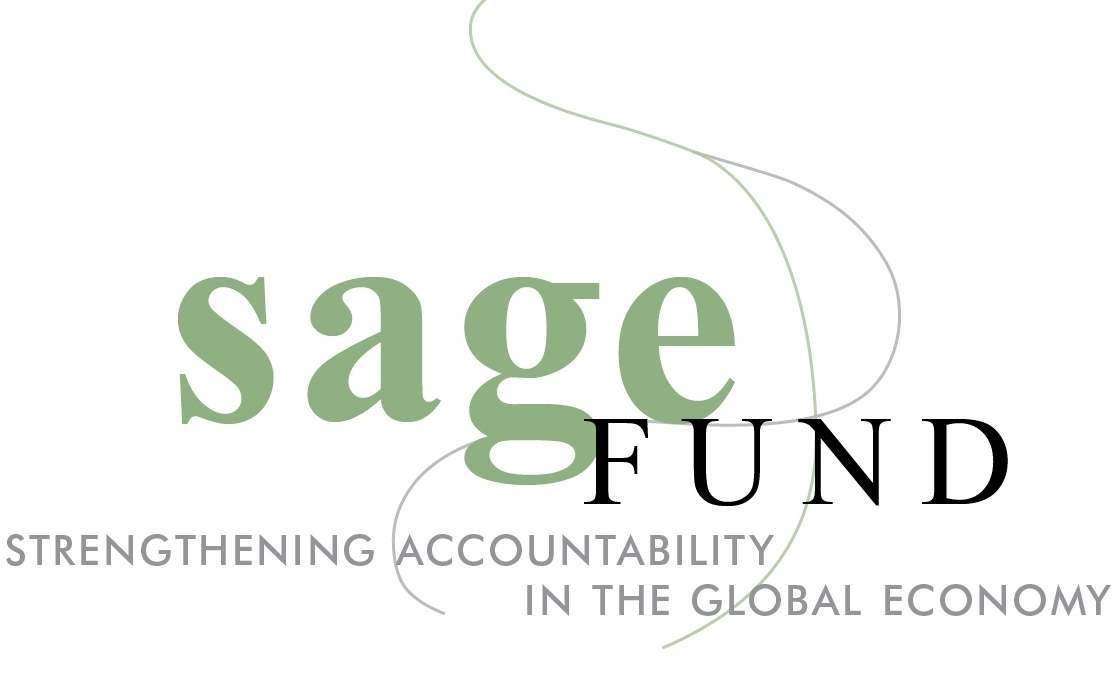CAJJ Wins Award for Protecting Labor Rights in DRC’s Cobalt Mines
june 2024
SAGE congratulates grantee, Centre d’Aide Juridico-Judiciaire (CAJJ), on winning the 2024 Gwynne Skinner Human Rights Award for its legal work advancing labor rights in cobalt mining. The award, presented annually by International Corporate Accountability Roundtable (ICAR), recognizes an individual or organization that has made a significant contribution to corporate accountability. CAJJ, using innovative legal approaches, secured remedy for workers in DRC’s industrial cobalt mines, created a strategy blueprint for others to follow, and importantly, drew much needed attention to the human rights impacts of the current approach to the energy transition.
Founded in 2007, CAJJ provides free or reduced cost legal support, representation and capacity building to local communities affected by natural resource exploitation and is one of the few CSOs based in Kolwezi where cobalt mining is concentrated.
For the last four years, SAGE has supported CAJJ and its long-term partner, Rights and Accountability in Development (RAID), in their efforts to document and challenge labor rights violations in DRC’s industrial cobalt mines. Their 2021 report, The Road to Ruin? Electric vehicles and workers’ rights abuses at DR Congo’s industrial cobalt mines, demonstrated that industrial cobalt mines in DRC cannot be seen as providing a “clean” alternative to artisanal cobalt mines. Rather, in the five industrial mines that they investigated, representing 45% of the global cobalt supply, they found that tens of thousands of Congolese workers endure dire working conditions, extremely low wages, little or no health provision, excessive working hours, unsafe working conditions, degrading treatment, discrimination, and racism.
To address these violations, CAJJ developed and is employing innovative legal approaches, resulting in remedy for many workers. In the last year, CAJJ’s legal actions ensured union elections took place at several Chinese-owned cobalt mines. CAJJ has also secured reimbursement for medical expenses of workers injured on the job. RAID has documented the outcome of these and other cases here.
CAJJ’s cases draw needed attention to the human rights impacts of the current approach to the energy transition, which has been featured prominently in a Washington Post exposé on the hidden toll of producing electric vehicles. Working on the ground in one of the global centers of critical mineral mining, CAJJ highlights the need to ensure that mining for cobalt and other transition minerals for electric vehicle batteries does not replicate the harms that the exploitation of fossil fuels for internal combustion engines generates. CAJJ and RAID are holding mining and electric vehicles companies accountable for their impacts, shifting power to workers, and ensuring a more just energy transition.

